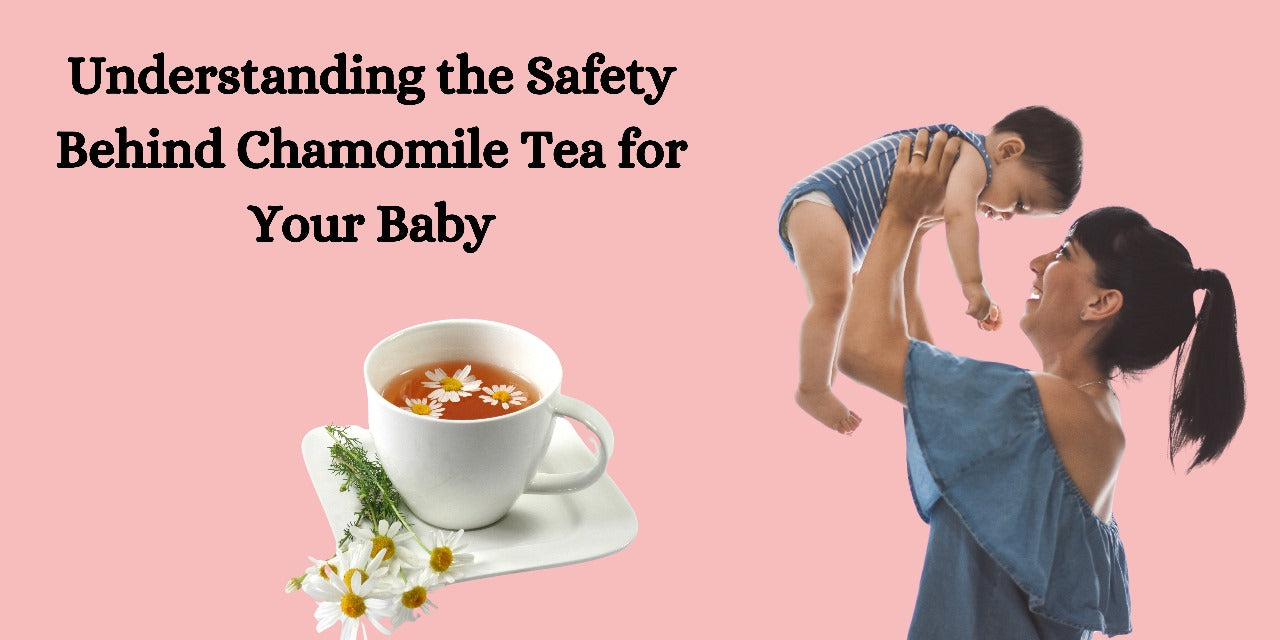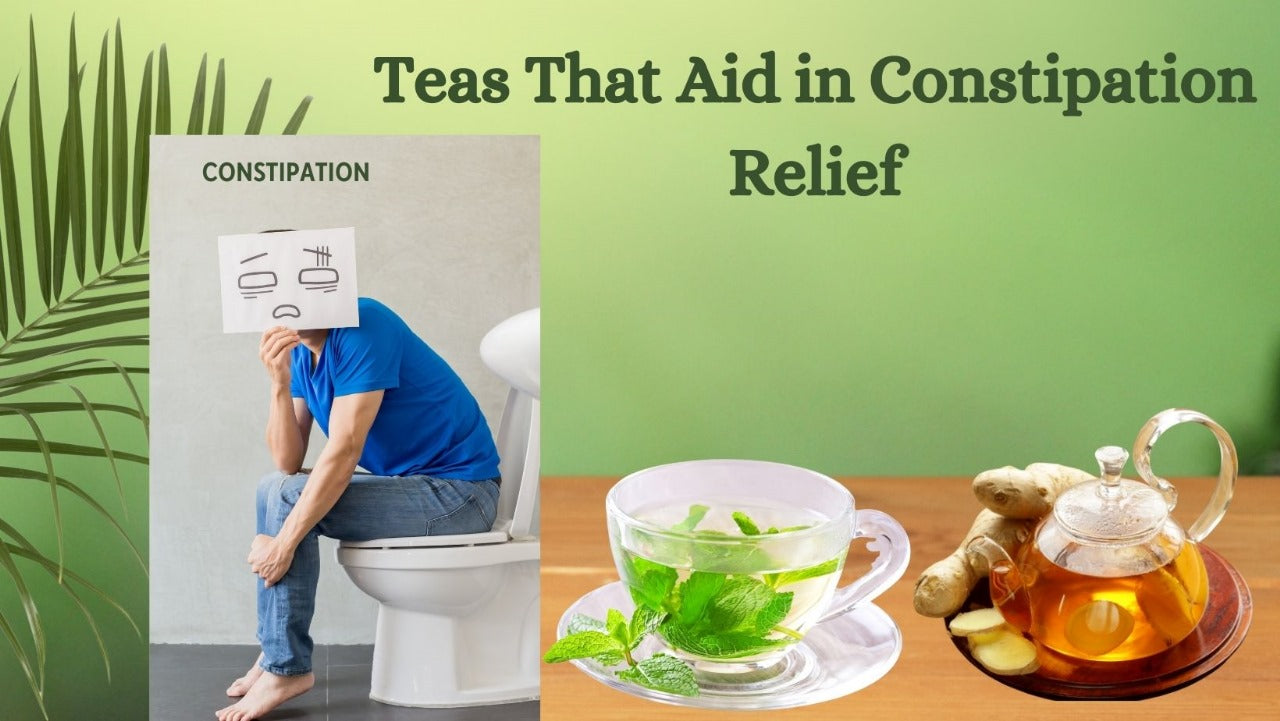Introduction
Chamomile tea is known for its calming properties and is often recommended for adults to help with relaxation and sleep. But what about chamomile tea for babies? Is it safe for them to consume? Understanding the safety behind chamomile tea for your baby is essential before introducing it into their diet. This article will provide a comprehensive overview of the potential benefits and risks of chamomile tea for babies, as well as guidelines for safe consumption.
The importance of ensuring safety for your baby
Ensuring the safety of your baby is of utmost importance when it comes to introducing any new food or beverage into their diet. As a parent, it is crucial to be aware of the potential risks and benefits associated with chamomile tea consumption. While chamomile tea is generally considered safe for babies, it is essential to proceed with caution.
Babies have delicate systems that are still developing, and their bodies may react differently to certain foods and beverages than adults. Before giving your baby chamomile tea, it is advisable to consult with their pediatrician or healthcare provider. They can assess your baby's individual needs and provide guidance on whether chamomile tea is appropriate for them.
Additionally, it is important to consider the source and quality of the chamomile tea. Opting for organic chamomile tea and avoiding additives or sweeteners can help minimize the potential risks and ensure that your baby is getting the purest form of the tea.
By prioritizing your baby's safety and consulting with a medical professional, you can make informed decisions about introducing chamomile tea into their diet.
A closer look at chamomile tea
When it comes to understanding the safety behind chamomile tea for your baby, it is important to take a closer look at this popular herbal beverage. Chamomile tea, crafted from the dried blossoms of the chamomile plant, has been a centuries-old remedy celebrated for inducing relaxation and alleviating a variety of ailments.
One of the reasons why chamomile tea is considered safe for babies is because it is caffeine-free. Unlike other beverages like coffee or black tea, chamomile tea does not contain caffeine, which can be harmful to infants and disrupt their sleep patterns.
Chamomile tea is also known for its calming properties. It contains certain compounds, such as apigenin, that may help relax muscles and alleviate restlessness or colic in infants. However, it is important to note that the effectiveness of chamomile tea in soothing babies may vary from child to child.
While chamomile tea can be beneficial, it is essential to remember that moderation is key. Offering a small amount of diluted chamomile tea to your baby and observing how they react is a good way to start. This allows you to determine if they have any adverse reactions or allergies to the tea.
The benefits and risks of giving chamomile tea to your baby
Now that we have discussed the safety and general properties of chamomile tea, it is important to understand the potential benefits and risks of introducing it to your baby. While chamomile tea is generally considered safe for infants, it is always advisable to consult with your pediatrician before incorporating it into their diet.
Some potential benefits of chamomile tea for babies include its soothing and calming properties, which may help alleviate symptoms of restlessness, colic, and teething discomfort. Additionally, chamomile tea is believed to have anti-inflammatory properties that can help with digestive issues or gastrointestinal discomfort.
However, it is crucial to be aware of the potential risks as well. Some babies may experience allergic reactions to chamomile, such as skin rashes or difficulty breathing. It is also worth noting that chamomile tea may interact with certain medications or cause adverse effects in infants with certain medical conditions.
To ensure the safety of your baby, it is recommended to start with small amounts of diluted chamomile tea and closely observe their reactions. If your baby shows any signs of discomfort or adverse reactions, discontinue the use immediately and consult your pediatrician.
In the following section, we will provide tips on how to safely introduce chamomile tea to your baby's diet and discuss the appropriate age to start offering it. Stay tuned to learn more about incorporating this herbal beverage into your little one's routine!
Safety guidelines for offering chamomile tea to your baby
When it comes to introducing chamomile tea to your baby's diet, it is crucial to follow certain safety guidelines to ensure their well-being. Consider these tips for better results:
- Age: Before offering chamomile tea to your baby, it is recommended to wait until they are at least six months old. At this stage, their digestive system is more developed, reducing the risk of any adverse reactions. Always consult with your pediatrician to determine if your baby is ready for chamomile tea.
- Dilution: When preparing chamomile tea for your baby, make sure to dilute it with water. Start with a very weak brew, using only a small amount of tea leaves or a chamomile tea bag. As your baby gets accustomed to the taste, you can gradually increase the strength of the brew.
- Quality and Sourcing: Ensure that you are using high-quality chamomile tea from a reputable source. Avoid using blends that contain other ingredients, such as caffeine or herbal additives. Organic chamomile tea is the preferred choice, as it reduces the risk of pesticides or harmful chemicals.
- Frequency and Amount: It is best to offer chamomile tea to your baby in moderation. Start by offering a small amount, such as one to two ounces, once a day. Observe their reaction and adjust the frequency and amount accordingly. Remember, chamomile tea should not replace breast milk or formula as the main source of nutrition.
- Allergic Reactions: Keep a close eye on your baby's reaction after consuming chamomile tea. Look out for any signs of allergic reactions, such as rashes, swelling, or difficulty breathing. If you notice any unusual symptoms, discontinue the use of chamomile tea and consult your pediatrician immediately.
By following these safety guidelines, you can ensure a smooth and safe introduction of chamomile tea to your baby's diet.
Expert recommendations and research on the safety of chamomile tea for babies
When it comes to introducing new foods or beverages to your baby, it's always a good idea to consider expert recommendations and research on their safety. Chamomile tea is no exception. Numerous studies and pediatric experts have weighed in on the topic, providing valuable insights.
According to the American Academy of Pediatrics (AAP), chamomile tea is generally considered safe for babies when given in moderation and following age-appropriate guidelines. It is important, however, to consult with your pediatrician before introducing chamomile tea to your baby's diet, as they can provide personalized advice based on your baby's individual health needs.
Research has shown that chamomile tea may have a calming effect on babies, aiding in digestion and sleep. It is often used as a natural remedy for colic, teething discomfort, and restlessness. However, it's essential to note that chamomile tea should not replace professional medical advice or be used as a cure-all solution for your baby's health issues.
In the next section, we will explore different ways you can incorporate chamomile tea into your baby's routine to reap its potential benefits. Stay tuned to discover some creative and safe ways to introduce this soothing herbal tea to your little one!
Conclusion: Prioritizing your baby's safety
As parents, our main goal is to keep our little ones healthy and happy. When it comes to introducing new foods or beverages to your baby, it is crucial to prioritize safety above all else. In this blog, we have explored the safety behind chamomile tea for your baby and discussed the valuable insights provided by experts and research.
While chamomile tea is generally considered safe for babies when given in moderation and following age-appropriate guidelines, it is essential to consult with your pediatrician before introducing it to their diet. Your pediatrician can provide personalized advice based on your baby's individual health needs.
Remember, chamomile tea should not replace professional medical advice or be seen as a cure-all solution for your baby's health issues. It is always important to approach new foods and beverages cautiously and with the guidance of a healthcare professional.




